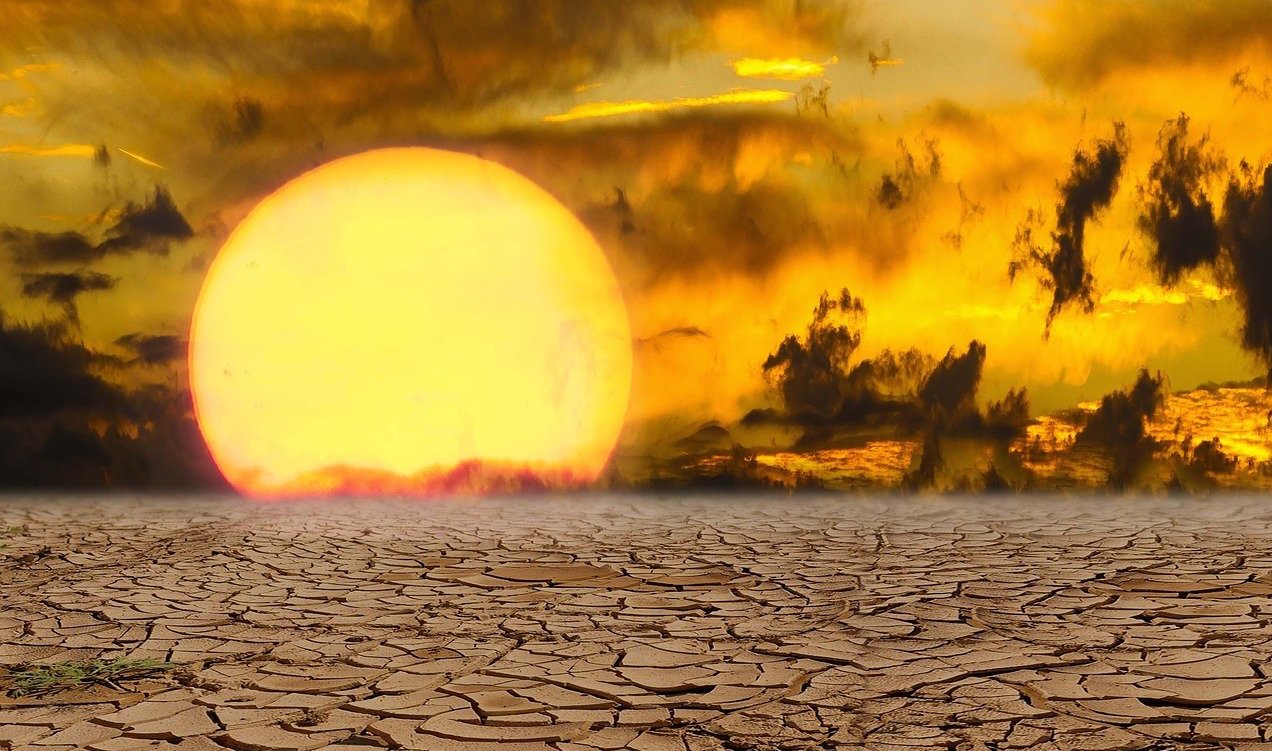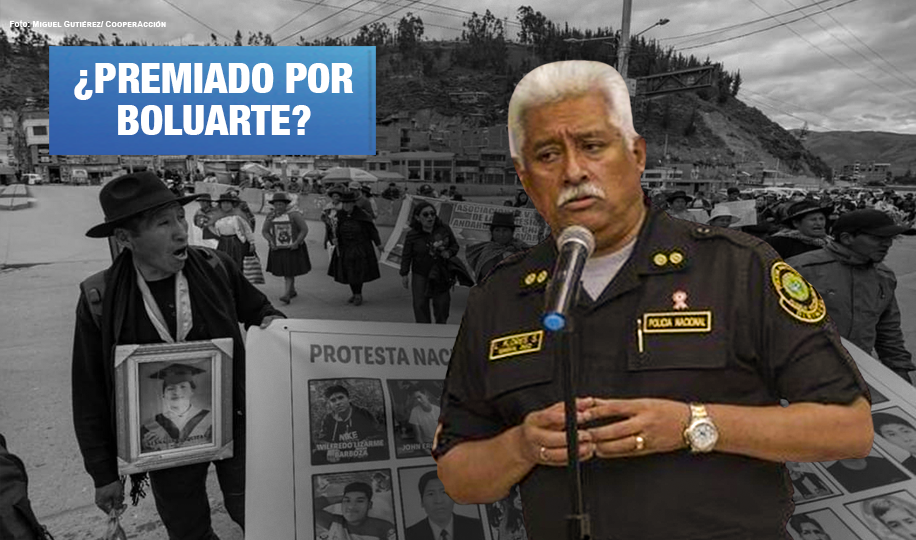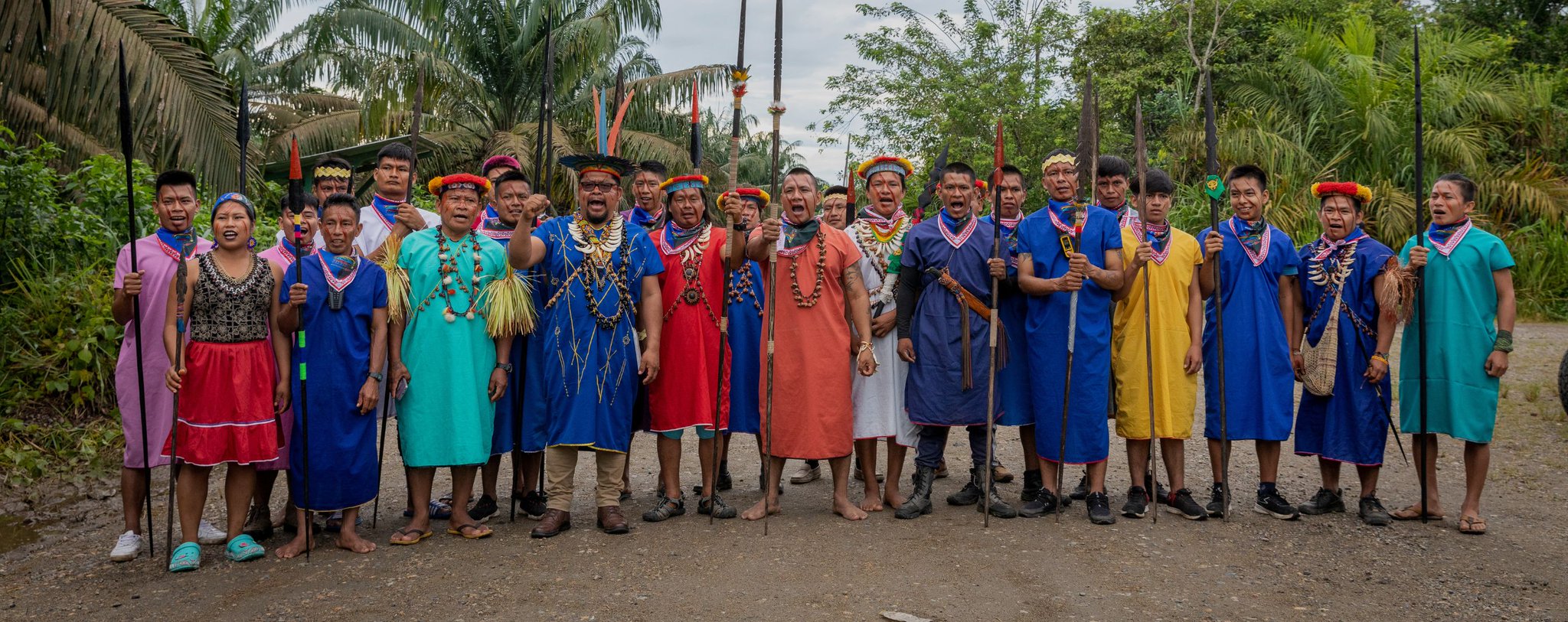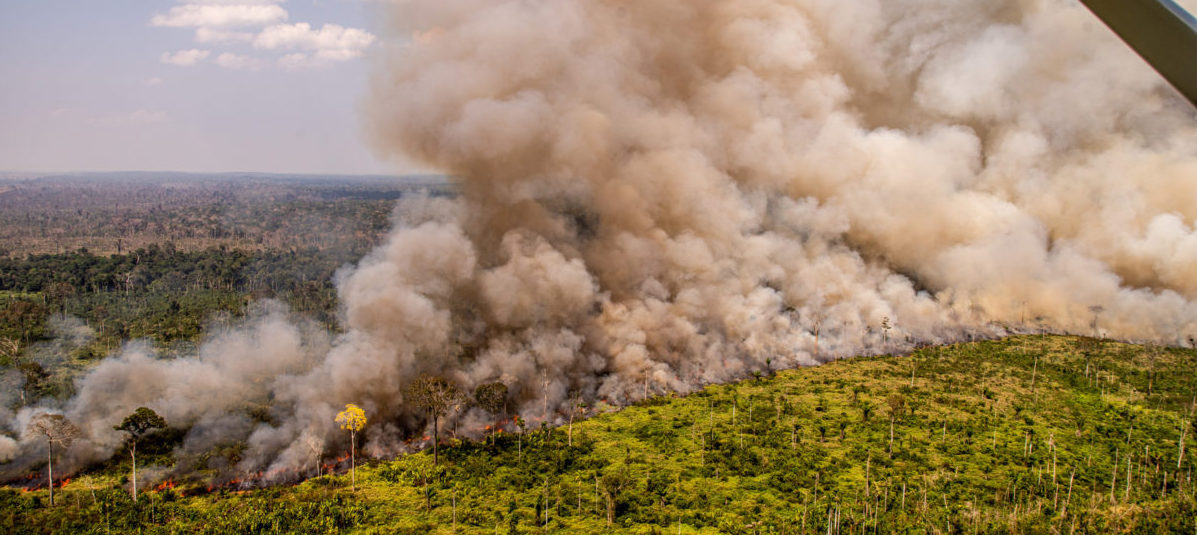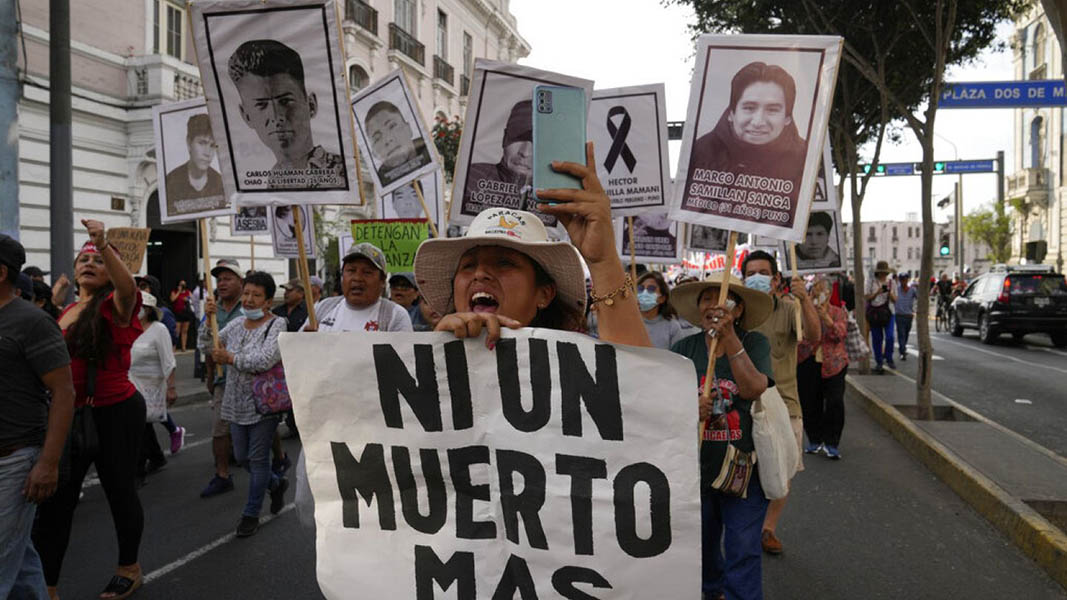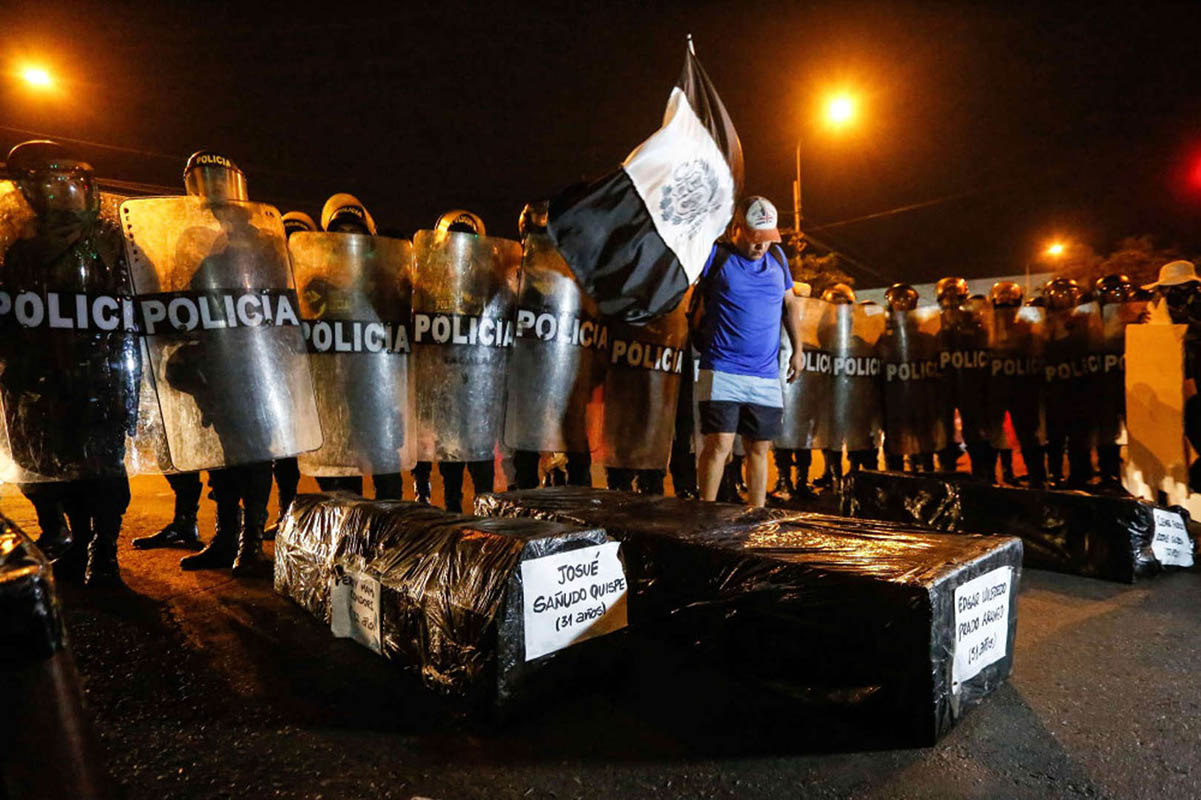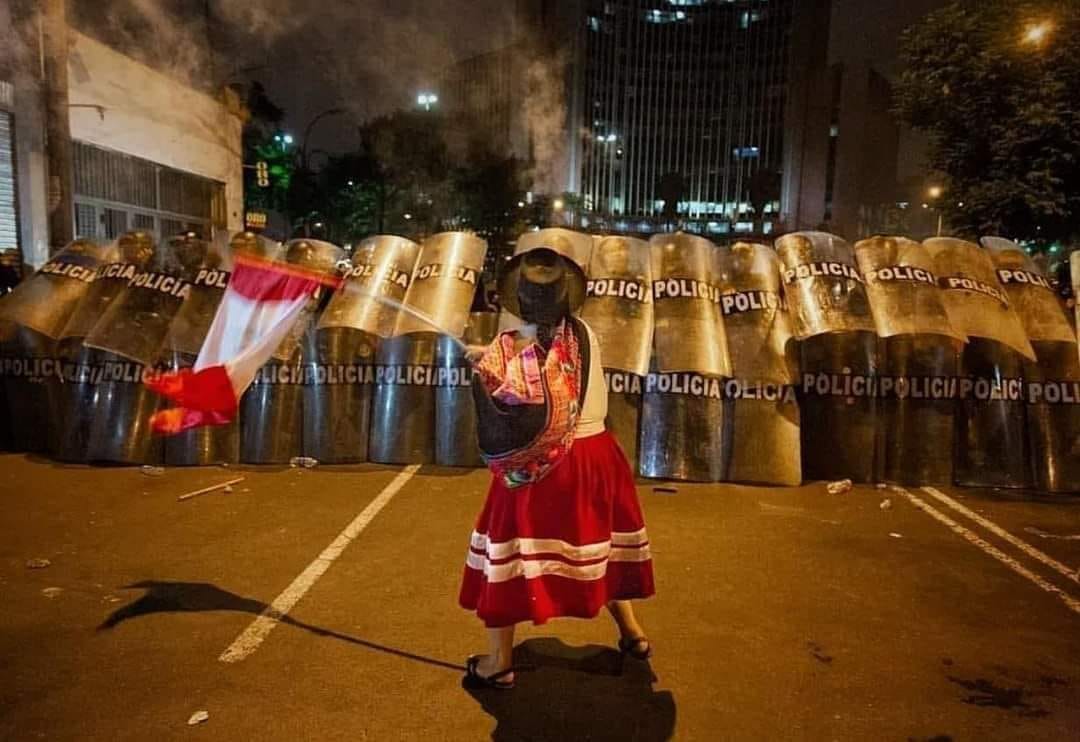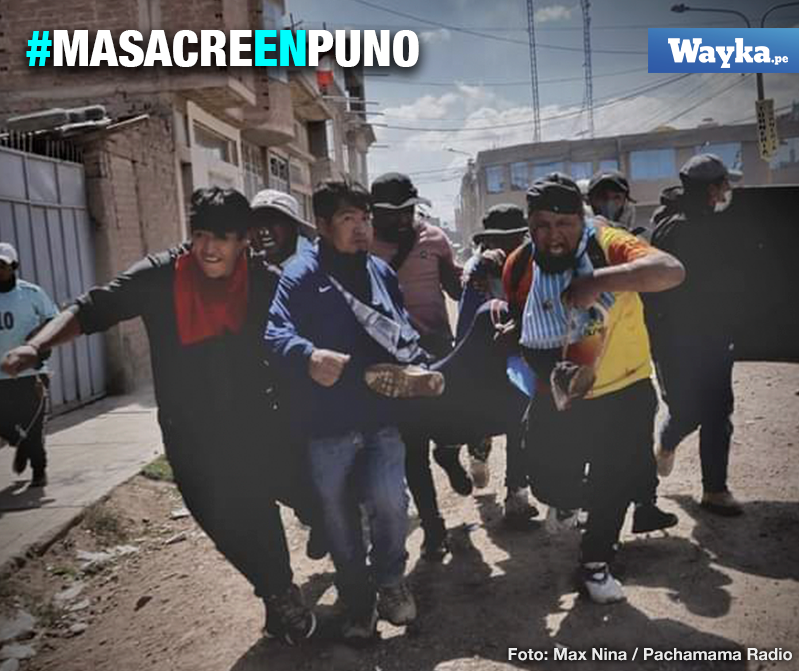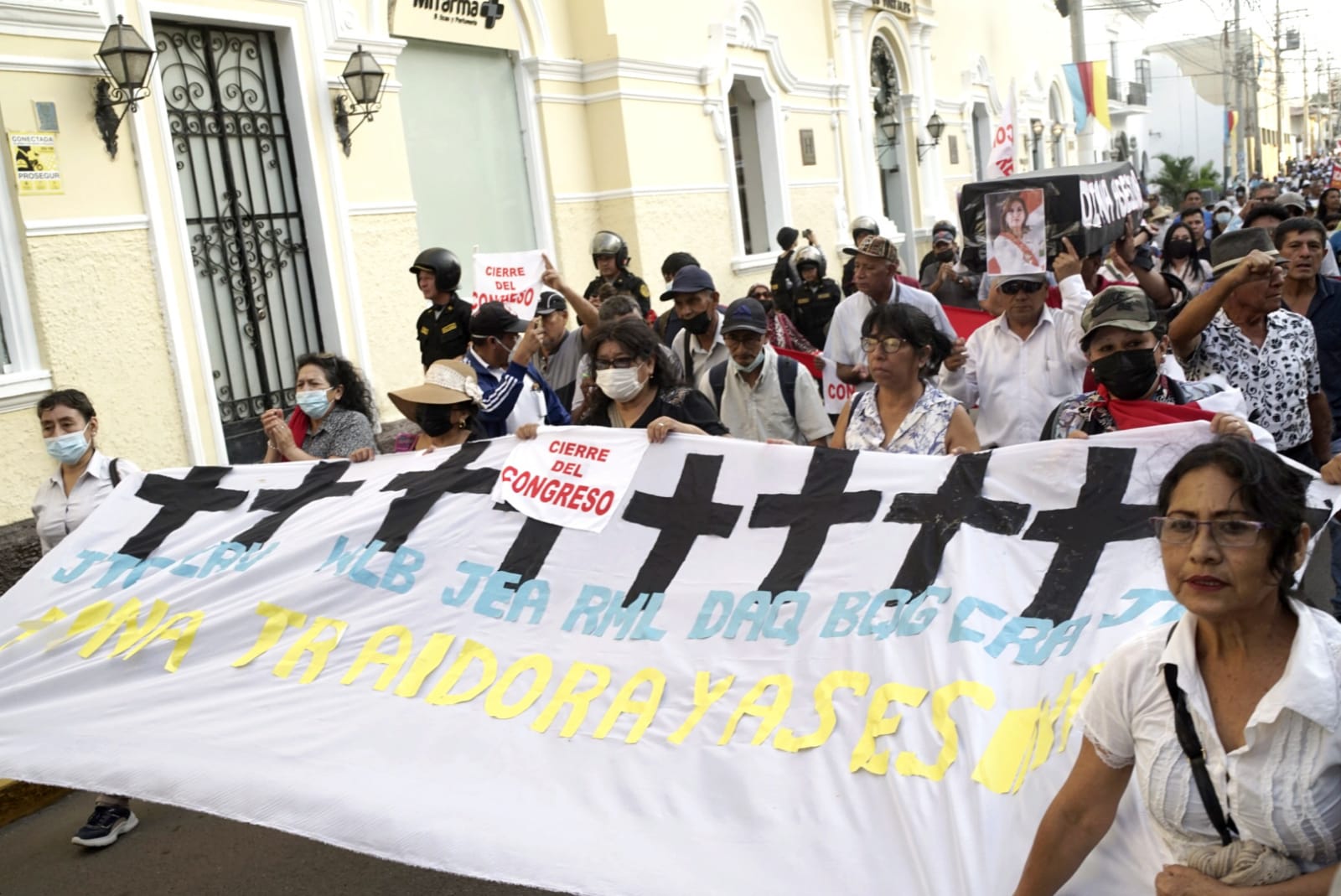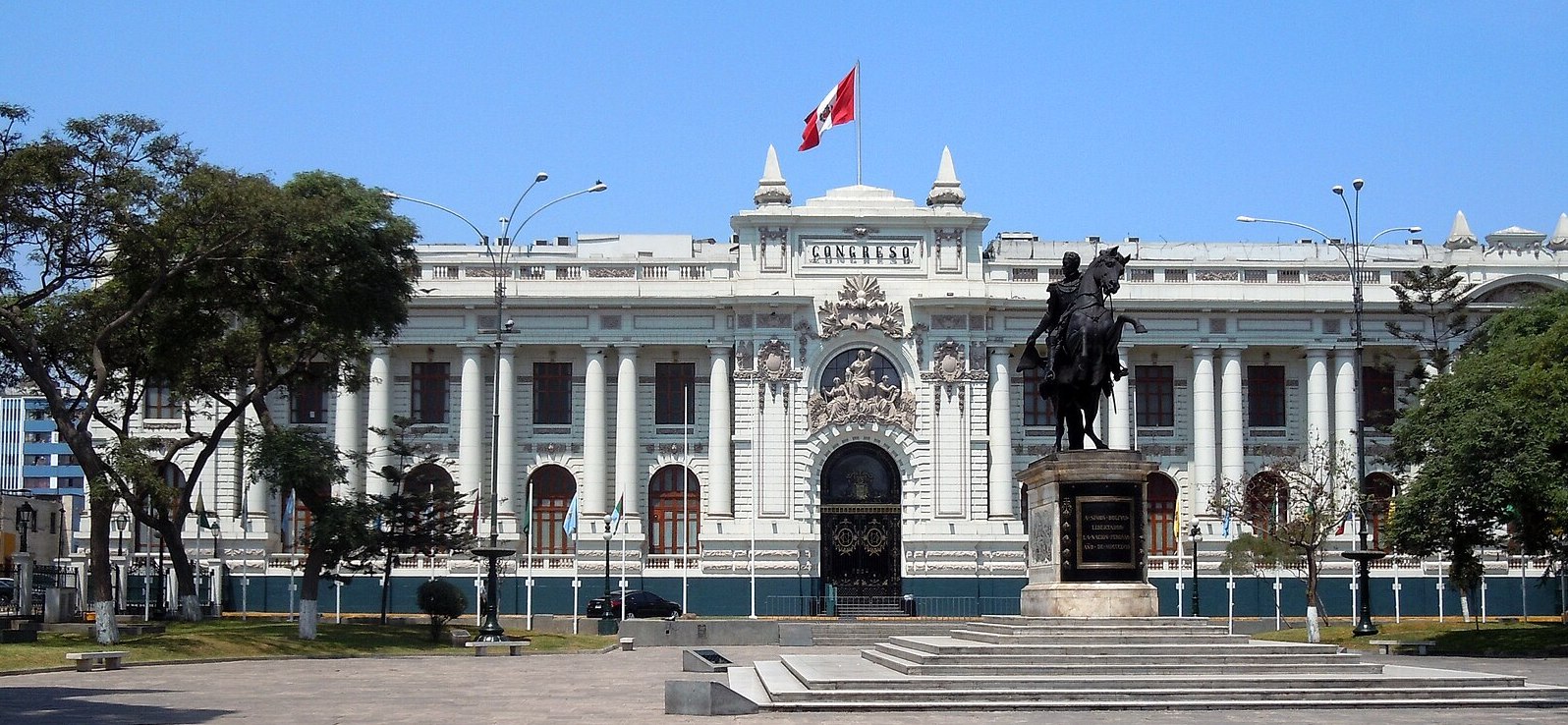
Peru: ‘impunity’ bill for crimes against humanity
The Constitutional Commission of the Peruvian Congress approved Bill No. 6951/2023-CR, which establishes that no one may be prosecuted, sentenced or punished for crimes against humanity or war crimes committed before July 1, 2002. As a result, emblematic cases from the period of internal conflict in Peru between 1980 and 2000, which are still awaiting a judicial response, could be closed. The bill is next to be debated in the Plenary of the Peruvian Congress for final approval. If passed, the bill will be sent to President Dina Boluarte for enactment within 15 days. (Photo: Protontorniyo via Wikimedia Commons)



